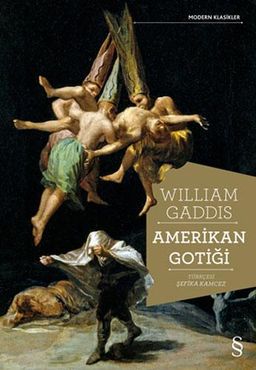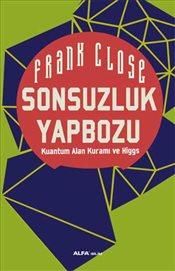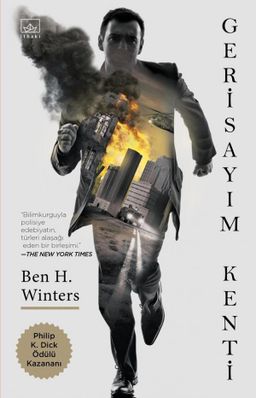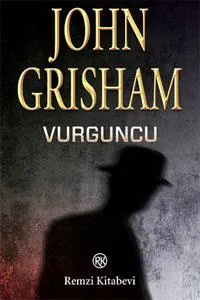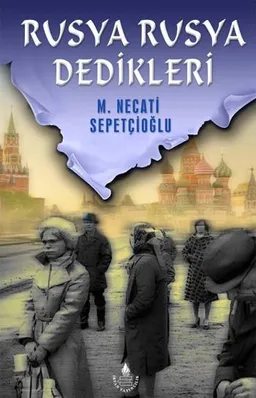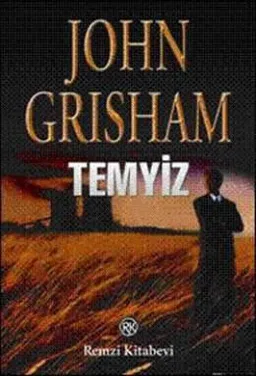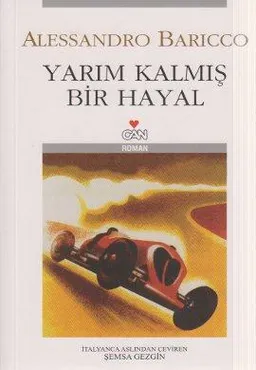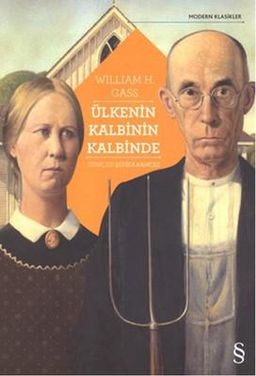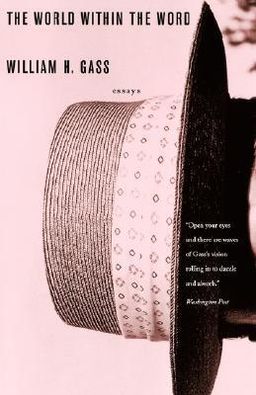Ülkenin Kalbinin Kalbinde
William H. GassÜlkenin Kalbinin Kalbinde Hakkında
Ülkenin Kalbinin Kalbinde konusu, istatistikler, fiyatları ve daha fazlası burada.Hakkında
"Bir Gass yapıtında, bir sonraki adımı hiçbir zaman bilemezsiniz, zihninizin sınırlarım zorlayan bir sürpriz olacağı gerçeği dışında
-Nicholas Lezard-
William H. Gass, aralarında Thomas Pynchon, Robert Coover, John Barth ve William Gaddis'in de bulunduğu Amerikan Postmodernizmi'nin en önemli isimlerinden. 1968 yılında yayınlanan Ülkenin Kalbinin Kalbinde, Gass'in, Amerika'nın en iyi ve en cesur kurgu yazarlarından biri olarak tanınmasını sağladı; bugün kitap hâlâ çağdaş edebiyatın başyapıtlarından biri olarak görülüyor.
"Amerika'nın en iyi düzyazı üslupçusu" olarak bilinen ve temelde soyut olan Amerikan duyarlığına yeni bir entelektüel güç getiren filozof-romancı- denemeci, dili yenileyen, keşifçi bir cesaretle yazılmış yoğun, sert, rahatsız edici metinleriyle çarpıcı ölçüde çeşitli bir biçimler skalası sunar. 1970 yılında "meta-kurmaca" kavramını hayata geçiren Gass, kısa hikâyenin sınırlarını altüst eder, zıtlıklar, imalar, çürütmeler, alay ve tekrarlarla, şok eden, sersemleten, aydınlatan ve keyif veren sözcükleri bir araya getirir.
Ülkenin Kalbinin Kalbinde, Amerika'nın "Ortabatı"sını anlatıyor. Kitaptaki öyküler iki geniş alana yayılıyor: somut, korkutucu bir varlığa sahip mitsel Ortabatı ile insan bilincinin gizemli iç bölgesi. Amerika'nın kalbi, sonsuz manzarası ve klostrofobik evleriyle, gizli arzu ve şiddet tehditleriyle, biricik ve yalıtılmış bir dünya olarak çıkıyor karşımıza. Ne kadar tuhaf olursa olsun aslında bir karakterin kafasında yaşadığımızı anlıyoruz. Yaşadığımız dünya bu, tam burası, tam olarak bulunduğumuz yer, kafamızın içi.
"Yüzyılın en önemli Amerikalı yazarlarından biri."
-George Steiner-
(Tanıtım Bülteninden)
Yazar: William H. Gass
Çevirmen: Şefika Kamçez
Tahmini Okuma Süresi: 8 sa. 13 dk.Sayfa Sayısı: 290Basım Tarihi: Kasım 2015Yayınevi: Everest YayınlarıISBN: 9786051419312Ülke: TürkiyeDil: TürkçeFormat: Karton kapak
Kitap İstatistikleri
Kitabın okur profili
Kadın% 50.0
Erkek% 50.0
0-12 Yaş
13-17 Yaş
18-24 Yaş
25-34 Yaş
35-44 Yaş
45-54 Yaş
55-64 Yaş
65+ Yaş
Yazar Hakkında
William H. GassYazar · 2 kitap
William Howard Gass was an American novelist, short story writer, essayist, critic, and former philosophy professor.
Gass was born in Fargo, North Dakota. Soon after his birth, his family moved to Warren, Ohio, where he attended local schools. He has described his childhood as an unhappy one, with an abusive, racist father and a passive, alcoholic mother; critics would later cite his characters as having these same qualities.
He attended Wesleyan University, then served as an Ensign in the Navy during World War II, a period he describes as perhaps the worst of his life. He earned his A.B. in philosophy from Kenyon College in 1947, then his Ph.D. in philosophy from Cornell University in 1954, where he studied under Max Black. His dissertation, "A Philosophical Investigation of Metaphor", was based on his training as a philosopher of language. In graduate school Gass read the work of Gertrude Stein, who influenced his writing experiments.
Gass taught at The College of Wooster, Purdue University, and Washington University in St. Louis, where he was a professor of philosophy (1969 - 1978) and the David May Distinguished University Professor in the Humanities (1979 - 1999). His colleagues there have included the writers Stanley Elkin, Howard Nemerov (1988 Poet Laureate of the United States), and Mona Van Duyn (1992 Poet Laureate). Since 2000, Gass has been the David May Distinguished University Professor Emeritus in the Humanities.
Earning a living for himself and his family from university teaching, Gass began to publish stories that were selected for inclusion in The Best American Short Stories of 1959, 1961, 1962, 1968 and 1980, as well as Two Hundred Years of Great American Short Stories. His first novel, Omensetter's Luck, about life in a small town in Ohio in the 1890s, was published in 1966. Critics praised his linguistic virtuosity, establishing him as an important writer of fiction. In 1968 he published In the Heart of the Heart of the Country, five stories dramatizing the theme of human isolation and the difficulty of love. Three years later Gass wrote Willie Masters' Lonesome Wife, an experimental novella illustrated with photographs and typographical constructs intended to help readers free themselves from the linear conventions of narrative. He has also published several collections of essays, including On Being Blue (1976) and Finding a Form (1996). His latest work of fiction, Cartesian Sonata and Other Novellas, was published in 1998. His work has also appeared in The Best American Essays collections of 1986, 1992, and 2000.
Gass has cited the anger he felt during his childhood as a major influence on his work, even stating that he writes "to get even." Despite his prolific output, he has said that writing is difficult for him. In fact, his epic novel The Tunnel, published in 1995, took Gass 26 years to compose. An unabridged audio version of The Tunnel was released in 2006, with Gass reading the novel himself.
When writing, Gass typically devotes enormous attention to the construction of sentences, arguing their importance as the basis of his work. His prose has been described as flashy, difficult, edgy, masterful, inventive, and musical. Steven Moore, writing in The Washington Post has called Gass "the finest prose stylist in America." Much of Gass' work is metafictional.
Gass has received many awards and honors, including grants from the Rockefeller Foundation in 1965, the Solomon R. Guggenheim Foundation in 1970. He won the Pushcart Prize awards in 1976, 1983, 1987, and 1992, and in 1994 he received the Mark Twain Award for Distinguished Contribution to the Literature of the Midwest. He has teaching awards from Purdue University and Washington University; in 1968 the Chicago Tribune Award as One of the Ten Best Teachers in the Big Ten. He was a Getty Foundation Fellow in 1991-1992. He received the Lannan Lifetime Achievement Award in 1997; and the American Book Award.

